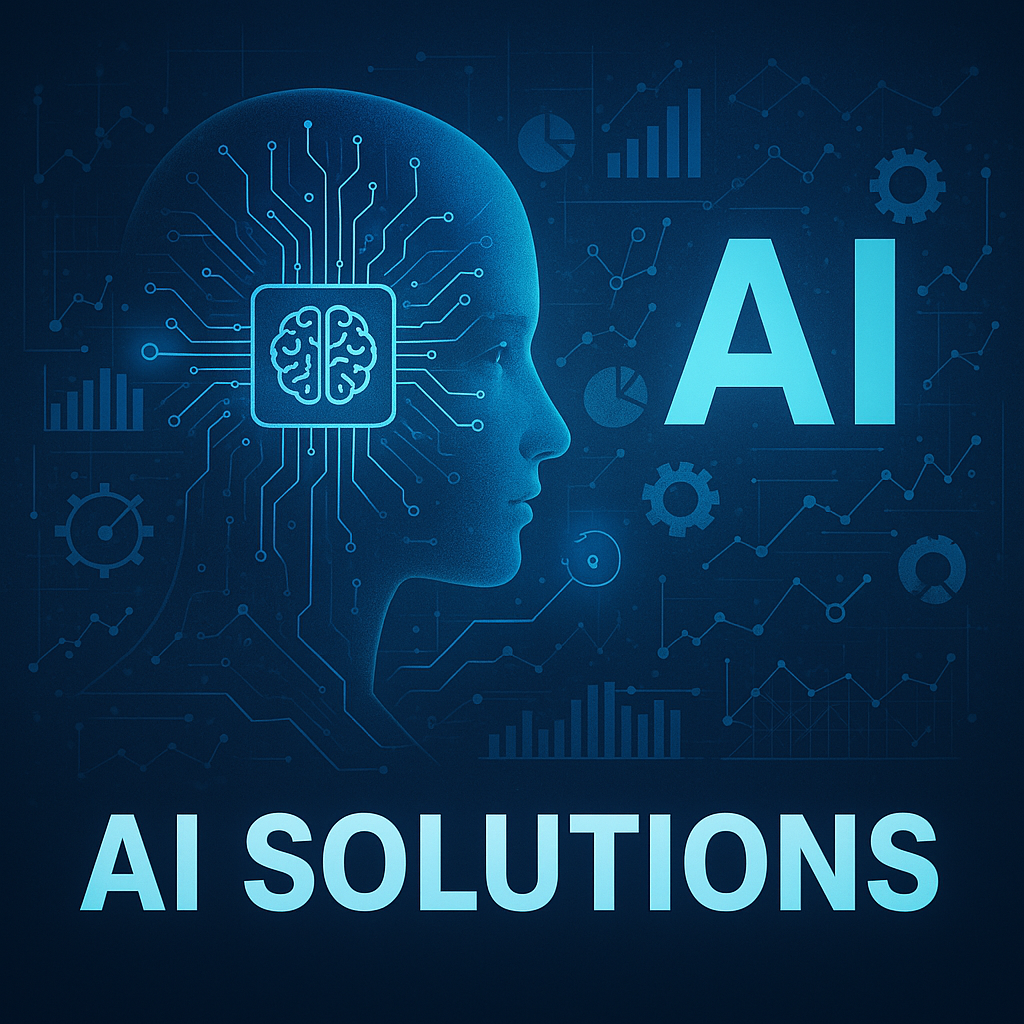
In the fast-paced world of modern business, efficiency and customer satisfaction are key to staying competitive. Artificial Intelligence (AI) agents—particularly chatbots and virtual assistants—are emerging as powerful tools that are reshaping how companies interact with customers and manage internal workflows. From 24/7 customer service to streamlined HR operations, AI agents are no longer just futuristic concepts—they are practical assets that are already delivering significant value across industries.
AI-powered chatbots and virtual agents are transforming customer service by providing instant, consistent, and scalable support. Companies like Amazon, Apple, and Bank of America have integrated AI agents into their customer service ecosystems to handle everything from basic inquiries to complex problem resolution.
One of the most significant advantages of AI agents is their availability. Unlike human agents, AI chatbots don’t sleep, take breaks, or require vacations. This means customers can get help at any time of day, increasing satisfaction and reducing wait times. For example, a telecom company might use a virtual assistant to help customers troubleshoot connectivity issues or change billing preferences without needing to speak to a human agent.
AI agents can significantly reduce the cost of customer support by handling a large volume of queries simultaneously. They free up human agents to focus on more complex or emotionally nuanced interactions. According to a report by IBM, businesses spend over $1.3 trillion on 265 billion customer service calls each year. AI has the potential to cut these costs by up to 30%.
Modern AI agents can pull from customer data to personalize responses. This leads to a more engaging and relevant interaction. For instance, an AI agent in a retail environment might recommend products based on a customer’s past purchases or browsing history.

Beyond customer service, AI agents are becoming integral to internal business operations, helping teams work more efficiently and make better decisions:
Several industries are already seeing measurable impacts from deploying AI agents:
Healthcare: AI chatbots assist patients with symptom checks, appointment scheduling, and medication reminders.
Banking: Virtual assistants handle account queries, fraud alerts, and loan applications.
E-commerce: Chatbots guide users through the buying process, assist with returns, and provide post-purchase support.
Travel: Virtual agents help travelers book tickets, check flight status, and handle itinerary changes.
As natural language processing (NLP), machine learning, and voice recognition technologies continue to improve, AI agents will become even more capable and human-like. Businesses that invest in AI today are not only improving current operations but also preparing for a future where intelligent automation is a competitive necessity.
AI agents are no longer just tools—they’re teammates, supporting staff and delighting customers with speed, precision, and personalization. The key to success lies in thoughtful integration, continuous learning, and a clear understanding of how these agents can best serve both people and processes.
Ready to transform your customer support and internal operations with AI agents? Visit www.datatronic.ai or www.datatronic.hu to discover how we can help your business evolve or contact us now!

To provide the best experiences, we and our partners use technologies like cookies to store and/or access device information. Consenting to these technologies will allow us and our partners to process personal data such as browsing behavior or unique IDs on this site and show (non-) personalized ads. Not consenting or withdrawing consent, may adversely affect certain features and functions.
Click below to consent to the above or make granular choices. Your choices will be applied to this site only. You can change your settings at any time, including withdrawing your consent, by using the toggles on the Cookie Policy, or by clicking on the manage consent button at the bottom of the screen.